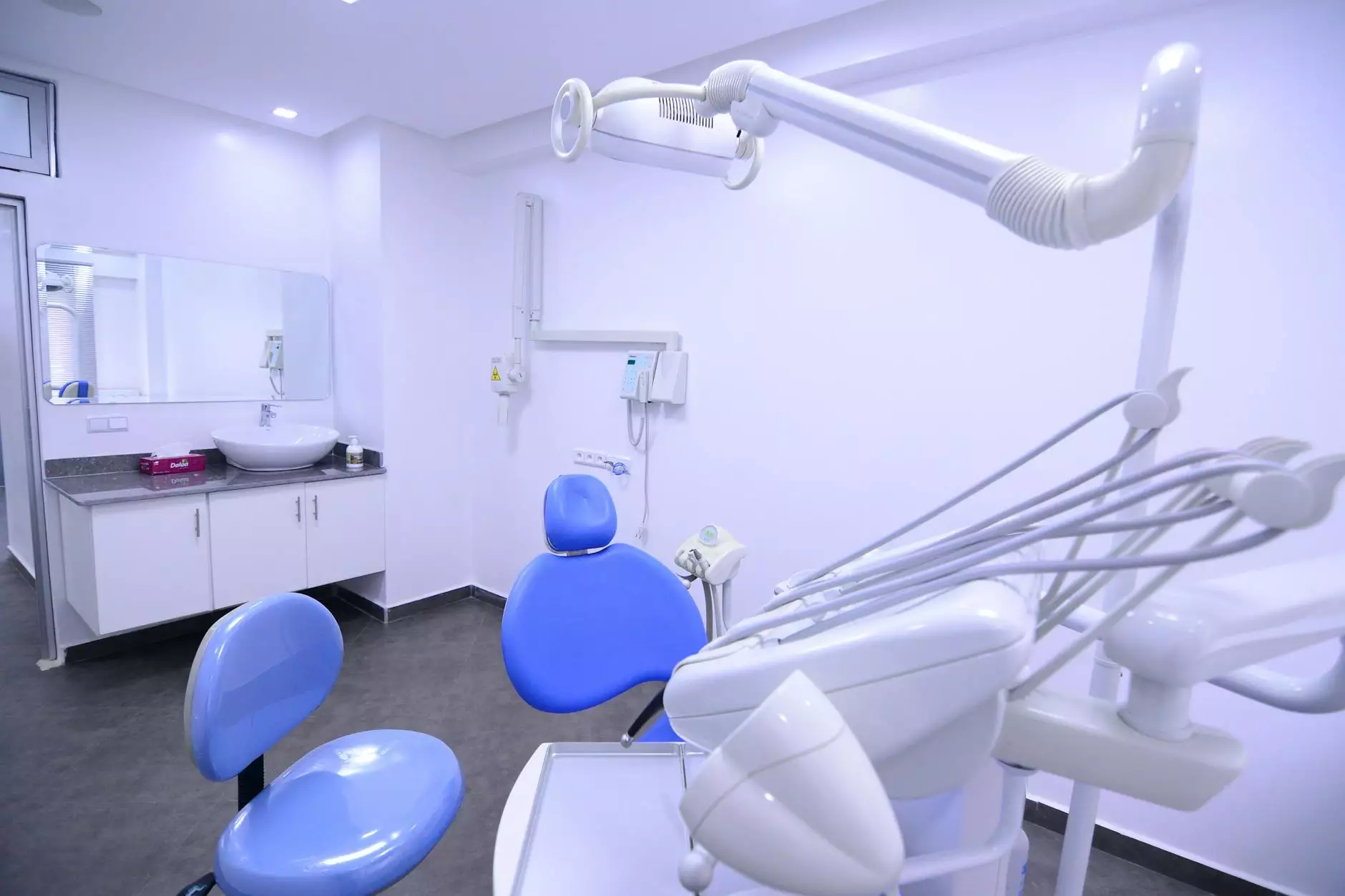Understanding Leg Feet Swelling

Leg feet swelling is a common condition that many individuals experience at some point in their lives. This condition can arise from various underlying factors, including lifestyle choices, medical conditions, and even environmental influences. In this comprehensive article, we will delve into the intricacies of leg feet swelling, discussing its causes, symptoms, treatment options, and preventive measures. Understanding this condition is crucial for maintaining good vascular health and overall well-being.
What is Leg Feet Swelling?
Leg feet swelling, medically known as peripheral edema, occurs when excess fluid accumulates in the tissues of the legs and feet. This swelling can cause discomfort and may indicate underlying health issues that require attention. While occasional swelling can be a normal response to factors such as heat or prolonged inactivity, persistent or severe swelling should not be ignored.
Common Causes of Leg Feet Swelling
Several factors can contribute to the swelling of the legs and feet:
- Inactivity: Prolonged periods of sitting or standing can hinder blood circulation, resulting in fluid retention in the lower extremities.
- Dietary Factors: High salt intake can lead to fluid retention, exacerbating swelling in the legs and feet.
- Injuries: Trauma to the legs or feet can result in swelling due to inflammation and the body’s healing processes.
- Medical Conditions: Chronic conditions such as heart failure, kidney disease, and liver problems can all contribute to leg swelling.
- Venous Insufficiency: This occurs when the veins cannot adequately return blood to the heart, leading to swelling.
- Pregnancy: Hormonal changes and increased fluid volume during pregnancy can lead to swelling in the legs and feet.
- Allergic Reactions: Allergies can cause inflammation which may lead to swelling in various parts of the body, including the legs and feet.
Symptoms Associated with Leg Feet Swelling
Individuals experiencing leg feet swelling may notice various symptoms, including:
- Visible Swelling: The affected area appears swollen or puffed up.
- Tightness: The skin may feel stretched or tight.
- Discomfort: Individuals may experience pain or discomfort in the swollen area.
- Changes in Skin Color: The skin may appear reddish or shiny.
- Limited Mobility: Swelling can restrict movement in the affected limbs.
Diagnosis of Leg Feet Swelling
If you experience persistent leg feet swelling, it’s essential to consult a healthcare provider. Diagnosis typically involves a series of steps:
- Medical History: Your healthcare provider will review your medical history, including any underlying conditions or medications.
- Physical Examination: A thorough physical examination will assess the extent of swelling and any associated symptoms.
- Diagnostic Tests: Tests such as blood tests, ultrasound, or X-rays may be ordered to determine the underlying cause of swelling.
Treatment Options for Leg Feet Swelling
Treatment for leg feet swelling depends on the underlying cause. Here are some common approaches:
- Elevation: Elevating the legs can help reduce fluid accumulation.
- Compression Therapy: Compression stockings can improve blood flow, helping to reduce swelling.
- Medication: Diuretics may be prescribed to help the body eliminate excess fluid.
- Lifestyle Modifications: Incorporating regular exercise, a balanced diet, and reducing salt intake can help manage and prevent swelling.
- Treatment of Underlying Conditions: Addressing any underlying medical issues is crucial for effective management of swelling.
Preventive Measures for Leg Feet Swelling
Prevention is often the best course of action when it comes to leg feet swelling. Consider implementing the following strategies:
- Stay Active: Regular physical activity promotes good circulation and reduces the risk of swelling.
- Maintain a Healthy Diet: Incorporate a diet low in salt and rich in fruits, vegetables, and whole grains.
- Stay Hydrated: Drinking plenty of water can help prevent fluid retention, aiding overall vascular health.
- Use Compression Stockings: Consider wearing compression stockings, especially during long periods of sitting or standing.
- Limit Alcohol Consumption: Excessive alcohol can contribute to swelling; limiting intake can be beneficial.
When to Seek Medical Attention
While occasional swelling may be benign, certain circumstances warrant immediate medical attention:
- Severe Swelling: If swelling is sudden and severe, it could indicate a serious condition.
- Pain or Discomfort: Accompanying pain could signify deeper issues, such as blood clots.
- Shortness of Breath: This may indicate heart problems or other serious health concerns.
- Swelling in One Leg: Asymmetrical swelling requires further investigation to rule out conditions like deep vein thrombosis (DVT).
- Persistent Symptoms: If swelling does not improve with home care measures, seek professional healthcare advice.
Expert Care at Truffles Vein Specialists
At Truffles Vein Specialists, we understand the complexities of leg feet swelling and are dedicated to providing expert care and effective treatment solutions. Our team of experienced vascular specialists is equipped to diagnose and address the underlying causes of leg swelling, ensuring personalized treatment plans tailored to each patient’s needs. With a focus on patient education and comprehensive care, we aim to help our patients regain their comfort and quality of life.
The Importance of Vascular Health
Maintaining good vascular health is vital not only for preventing leg feet swelling but also for overall well-being. Regular check-ups, awareness of symptoms, and proactive management of health conditions can greatly impact your vascular health and quality of life. Remember, your legs and feet are essential for mobility and daily activities, so taking care of them is paramount.
Conclusion
In summary, leg feet swelling is a condition that can arise from various causes, and understanding these factors is crucial for effective management. Whether you are experiencing occasional swelling or persistent discomfort, taking proactive steps, along with consulting healthcare professionals, can lead to improved vascular health. At Truffles Vein Specialists, we are committed to helping you navigate the complexities of vascular health, providing compassionate care and innovative treatment options tailored to your needs. Don’t overlook the signs – your health is worth the attention.









